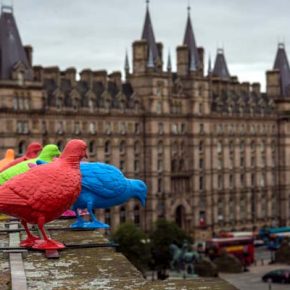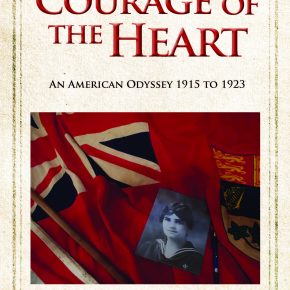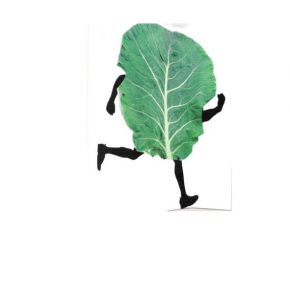I think the themes of belonging and parentage and love are obviously universal. — Christopher Eccleston
If we have no peace, it is because we have forgotten that we belong to each other. — Mother Teresa
This month’s contributors write about peace and belonging – their hopes for these things, where they can find them and where they don’t.
Rubina Akhter describes her hope for personal solace and her experiences with panic and depression.
Vijay Nair laments a broken relationship because the object of his affection chose to use him and others for her own gain rather than caring for him. J.J. Campbell writes of alienation in a broader sense, different speakers didconnected from their worlds in various ways.
Mahbub looks to the natural world as a metaphor for his feelings of romantic attraction and loneliness. Nature brings him peace, not because it is peaceful, but because it draws his attention out of the turbulence within his heart.
Rajnish Mishra’s vision of nature is also not inherently peaceful, but full of strong, skilled predators. In his first two pieces, he urges people to choose not to harm or bully others rather than giving in to natural instincts to attack and dominate.
Michael Robinson reflects on his journey through fear and violence into a gentler place, surrounded by loving people and natural scenes. As in Mahbub’s poetry, the outdoor world calms him by being different from the inner city settings where he experienced trauma as a child.
Rui Carvalho looks to nature in an entirely different way, creating a feminine archetype who’s a force of the natural world, simultaneously beautiful and strong, peaceful not through weakness but through the strength of spiritual clarity and love.
Joan Beebe expresses a wish for calm within our cities, while Sheryl Bize-Boutte cultivates our awareness of local social dynamics with an allegorical story about a garden where the hardy and familiar collard greens find themselves replaced by trendy kale. Who belongs in our neighborhoods and our local groups, and what are the consequences of displacement?
Jeff Bagato’s poetic speakers belong where they are, immersed in their environments in these rich, atmospheric pieces. Alex Nodopaga’s cityscapes look like stained glass, abstracted, mythologized, frozen in time, perpetually belonging to imagination and history rather than to a specific moment in time.
Christine Chatterton’s WWI novel Courage of the Heart, reviewed here by Bruce Roberts, illustrates through the romance between its primary characters that love, and the hope of returning to those close to us where we belong, can give us the strength to survive war and other protracted obstacles.
The books Elizabeth Hughes reviews in her Book Periscope column also depict the power of having a sense of belonging. The couple in Gini Grossenbacher’s Madam of My Heart, Brianna and Edward, survive serial tragedies in seamy 1800s America because of their love, Margaret Goka’s poetic subjects in The Woven Flag celebrate family and community, Carolyn Prince’s The Revelation Unlocked probes the mysteries of the Bible to encourage people to find a spiritual home through faith, and Jennie Ross’ Slicker McQuicker encourages children to welcome others who are different.
Finally, as Christopher Bernard reminds us through the second installment of his novel Amor I Kaos, the world and our psyches are complex. We can rationalize the choice of living a life of love or one of alienation, and ultimately to some degree, as Rajnish Mishra suggests, it’s up to us.



